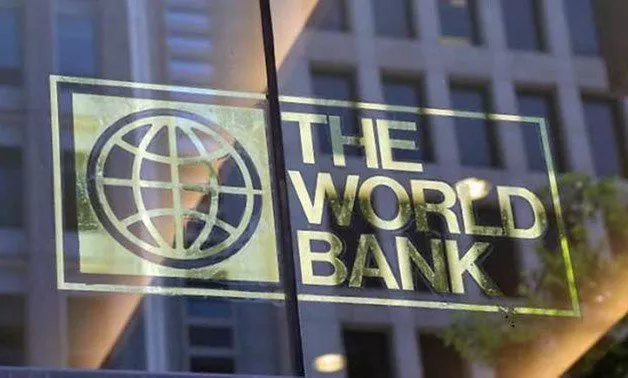World Bank stresses structural reforms for social sector
Country director says they are working with federal and provincial govts
ISLAMABAD: Every crisis presents an opportunity, whereas COVID-19 provided the world and Pakistan an opportunity to reform the social sector policies and to initiate structural reforms in institutions that need to be concurrently happen which were delayed for years now, said World Bank Country Director of Pakistan Illango Patchamuthu.Speaking during an online COVID-19 Policy Response Dialogue titled 'World Bank's support to Pakistan in Responding to COVID-19', he said that they are working on how they can repurpose a good part of their pipeline, around $600 million to $2 billion, to make available to support recovery initiatives through building on safety net program, supporting employment through public works program and microenterprises and addressing the looming food security issue.
While commenting on World Bank support initiatives for Pakistan amid COVID-19 crisis, Illango said that initially the bank was able to repurpose the $40 million aid programme to help the government in immediately purchasing the medical equipment and supplies that already have started to arrive at district and local levels.
Whereas, recently, the bank board approved $200 million pandemic responsive fund facility for Pakistan which was part of the $14 billion global fund facility for coping the pandemic. He said that out of $200 million fund, $150 million covers immediate response of purchasing the medical equipment and $50 million covers the relief through Ehsaas cash transfer to help poor families.
Illango said that we are working with the Ministry of Finance, Commerce, Energy and Planning and Development departments both at federal and provincial levels to look at structural reforms that need to concurrently happen which were delayed for years now.
"Structural reforms need to go hand in hand, because fiscal challenge continue to remain there and will be further constrained due to COVID-19 related response." Stressing the need of investing in human capital, he said that Pakistan is spending around 3% of GDP on health sector, which is $242 per capita health spending and that needs to be enhanced.
Also speaking on the occasion, Sustainable Development Policy Institute (SDPI) Executive Director Abid Qaiyum Suleri said that the world has learnt after COVID-19 outbreak that social services like health, education, water, and sanitation etc, cannot be reduced to be private commodity that only rich may afford to buy.
He said that it is about time that multilateral development partners such as the World Bank play their due role by investing in social sector rather than mega development projects only. "This would help in bringing the focus of member governments back to social sector development," he maintained.
Suleri also suggested that incorporating the challenges posed by COVID-19, the world bank should update its recently published "Pakistan@100" report suggesting the way forward post-pandemic.
Published in The Express Tribune, April 11th, 2020.
Like Business on Facebook, follow @TribuneBiz on Twitter to stay informed and join in the conversation.


COMMENTS
Comments are moderated and generally will be posted if they are on-topic and not abusive.
For more information, please see our Comments FAQ